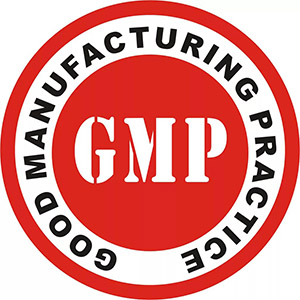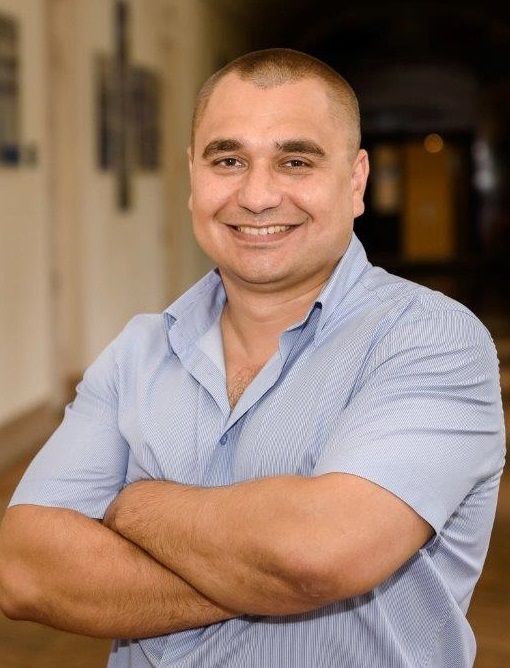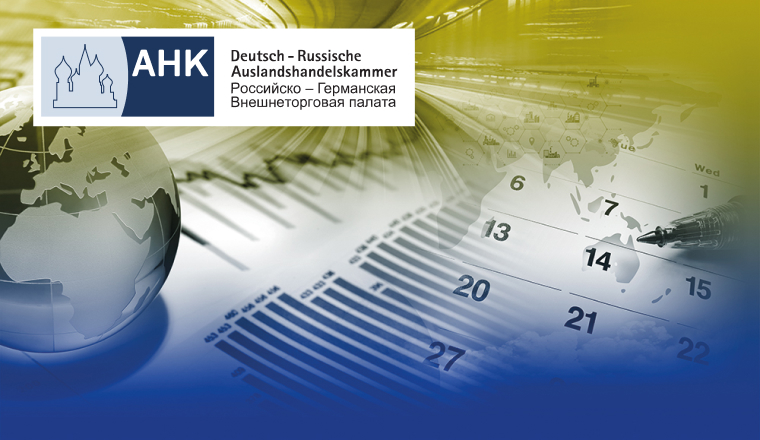
Petrovax Pharm once again attested for EU GMP certificate
In June 2019, pharmaceutical company Petrovax Pharm revalidated compliance of their manufacturing and Quality Management System (QMS) with the applicable EU GMP regulations. An EU GMP certificate was issued on the back of the audit findings by the State Institute for Drug Control (SUKL, Slovakia). The company was for the first time certified for EU GMP compliance in 2012.
Stanislav Korsun, Director of Manufacturing and Quality at Petrovax Pharm, speaks on the opportunities offered by the receipt of the EU GMP certificate as well as on the Quality Management System running at Petrovax manufacturing facility.

— Your facility was the first in Russia among immunobiological manufacturers to be issued GMP certificates by the EU and Iran, and it was among the pioneers to receive a Russian GMP certificate. How difficult is it to be compliant with international and Russian standards?
— It is always difficult to be compliant. Every audit and inspection visit are very specific, mainly due to the unique character of the expertise of the auditors hired to perform such operations. Therefore, this process cannot be referred to as standard or routine. Within the framework of harmonisation of standards, the applicable requirements are continuously becoming more stringent. The differences in the interpretation of specific norms make this process rather labour-intensive, requiring a very high level of professional qualifications and involvement of the staff. We are expected to showcase full compliance with the applicable norms and regulations and, if required, be able to convey our rationale to the auditor. Our company has been more than once successful in accomplishing this task. In all, over the more than a 10-year operational period, our facility passed more than 50 audits, including those performed by the Russian regulatory authorities such as the Ministry of Health (Minzdrav), Ministry of Industry and Trade (Minpromtorg), Federal Service for Surveillance on Consumer Rights Protection and Human Well-Being (Rospotrebnadzor), Federal Service for Veterinary and Phytosanitary Surveillance (Rosselkhoznadzor), inspections by foreign regulatory authorities from the countries importing our medicinal products as well as audits by our current and potential partners.
— The company has been operating in Slovakia since 2002 working on a wide range of projects. What are the prospects of being issued a GMP certificate in that country?
— Such certificate offers an opportunity of collaborating with the entire EU market, which provides both for the performance under the current agreements and expanding our geographical footprint. We have successfully exported Polyoxidonium® to Slovakia for more than 17 years. Its safety and efficacy have been supported by the relevant data from clinical trials and post-authorisation studies including a Post-Authorisation Safety Study (PASS). Besides, in 2019, we supplied Polyoxidonium® to Slovakia in accordance with the mandatory drug labelling requirements applicable in the EU. Compliance with the current EU regulations and the availability of an evidence base related to international standards enhance the company’s export potential.

Stanislav Korsun
Director of Manufacturing and Quality at Petrovax Pharm
— Petrovax manufacturing complex has been constructed under the GMP standards from the outset. How much effort and resources does it take to maintain compliance with specific standards?
— Constructing a facility under the GMP standards is just a basis providing for an opportunity to build a Quality Management System supporting all relevant processes. Therefore, speaking about cost and labour intensiveness, we can make a comparison as follows: the costs associated with running a QMS are approximately equal to manufacturing costs. Petrovax’s Quality Unit has more than 110 employees. Such number of employees is indicative of the complexity and wide scope of the tasks to be fulfilled to keep the QMS running in line with the regulatory requirements.
— What is the scope of the Quality Unit’s tasks?
— We use aseptic manufacturing, which requires mandatory control of each process stage. All stages must be checked, starting with the API and materials supplies, vendor and ingredient audits through to the release quality control. We must confirm conformance of any process stage to the regulatory requirements and in-house normative documents regulating manufacturing operations. This is one side of our responsibility. The other side is providing for quality processes and analysis, which helps rule out marketing of low-quality products, timely detect the aspects that require corrections, and improve quality of our products.
— How do you find adequately qualified employees for such complex operations that are key to the company?
— Recruitment of qualified staff is a challenge that, most likely, any pharmaceutical manufacturer is faced with. Therefore, our main trend is searching for future employees while they are still students. These are young people with various types of basic post-graduate training — from medicine to chemistry, whom we hire to work at our site and provide for the development of their specific skills. There is certainly a percentage of specialists hunted from other companies. We are trying to be attractive in the labour market, and we are successful in doing that.
— Is there a training programme cycle?
— Of course there is. At Petrovax, a continuous professional training system has been implemented. By the way, such system is part and parcel of the GMP and ISO requirements. The system consists of several levels. For new employees, there is a primary training programme in place. It includes introduction to the in-house normative documents that describe the applicable GMP requirements and the pharmaceutical quality system. To maintain an adequate level of knowledge, there is periodic training. The employees are required to continuously broaden and maintain an adequate level of knowledge on how to operate the equipment, do the record-keeping etc. Besides, external training such as workshops and roundtable discussions is widely used in the pharmaceutical industry, which provides an access to novel information, expert opinion as well as sharing experiences. We take an active part in such forms of training and urge our employees to take part, too. The company does its best for staff development and forming the employee understanding of the current market trends and the pharma industry place among other industries. It helps enhance the level of performance in the industry overall and provides for manufacturing safe and quality pharmaceutical products.
— Could you please share your immediate plans?
— We have a lot of intensive work ahead this summer. The manufacturing unit needs to execute the orders to provide for the influenza immunisation programme in anticipation of the epidemic season and production of the pneumococcal vaccine under the Russian National Immunisation Schedule as well for the out-of-pocket segment. Licensing is underway for the new production lines already in place and to be launched as soon as we receive a regulatory approval. These lines will provide for boosting production of APIs (2.5x), tablets (7x), and suppositories (4x) in 2020.


